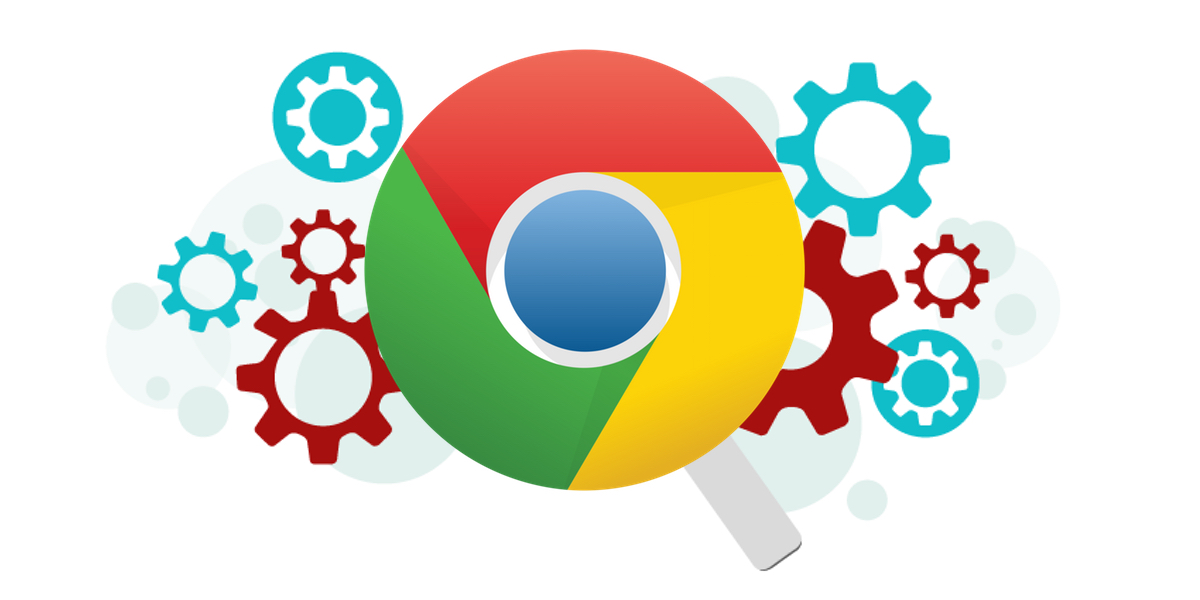
Google Chrome is the most used web browser on the Internet, normally its performance has been exquisite, but over the years it has happened a bit like Microsoft Explorer, it has gotten carried away while others have taken a run. It's frustrating to see how our web browser slows down the pages we request or directly collapses the RAM memory of our device, thus developing the consequent waste of resources.
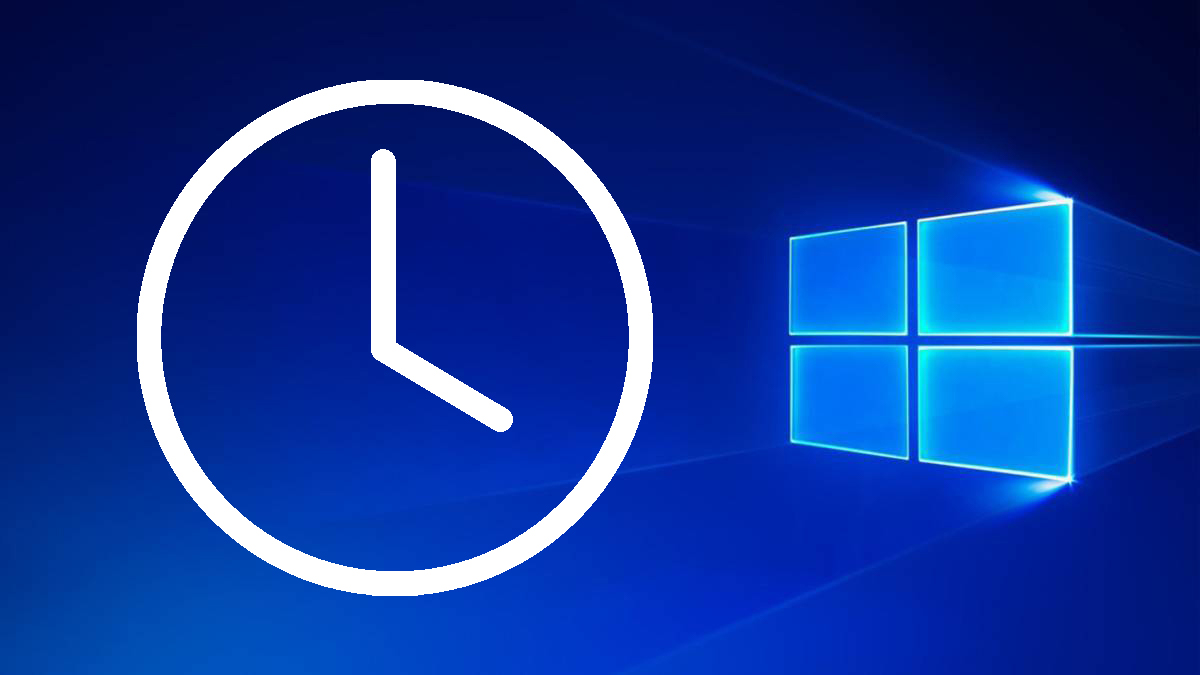
The problem usually manifests itself when wanting to enter a URL or in the search in the navigation bar, instead of displaying the requested content, the characteristic loading icon will appear. It is also very common for it to appear as soon as we open our browser, taking a long time to execute.
Chrome running too slow? This may be due to various reasons, in this article we will detail how solve them with simple steps that any user can perform.
Task management
Like a PC, Chrome has its own built-in task manager. A tool that, as the name suggests, It will allow us to manage the tasks that the browser is performing to our liking, in order to know if there is any open tab or extension that consumes resources abnormally.
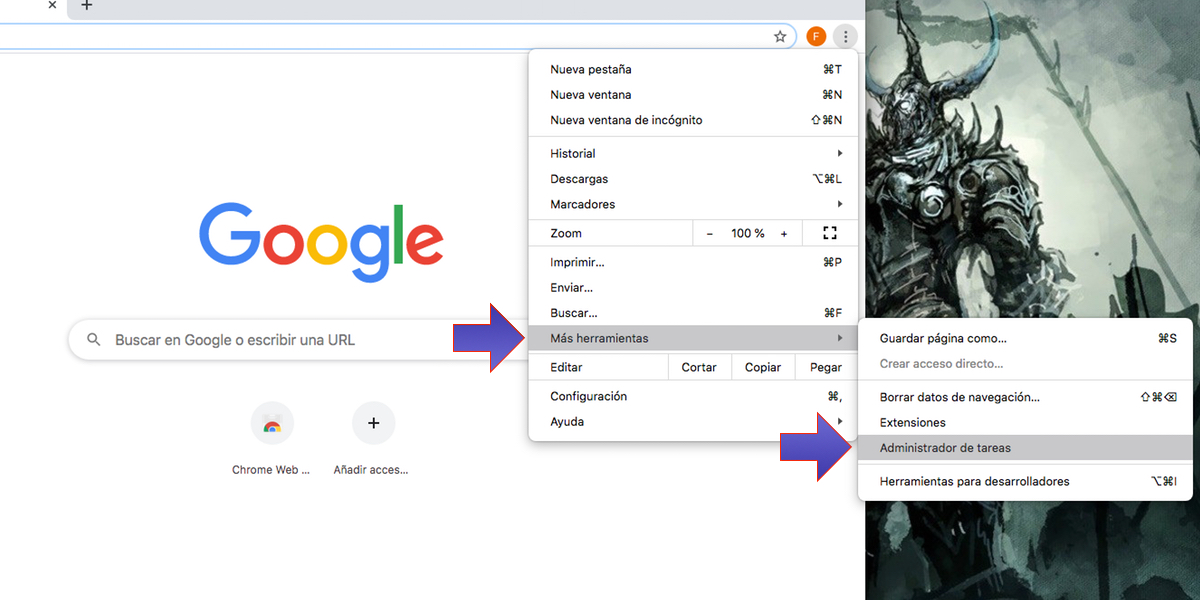
To access said administrator, we will click on the hamburger-shaped icon that is in the upper right part of the browser, where we will click on «More tools», we click on "Task Manager" and a window will open in which indicates the consumption of the extensions and eyelashes in operation. In this way we can determine if Chrome is very slow due to an anomalous consumption of resources.
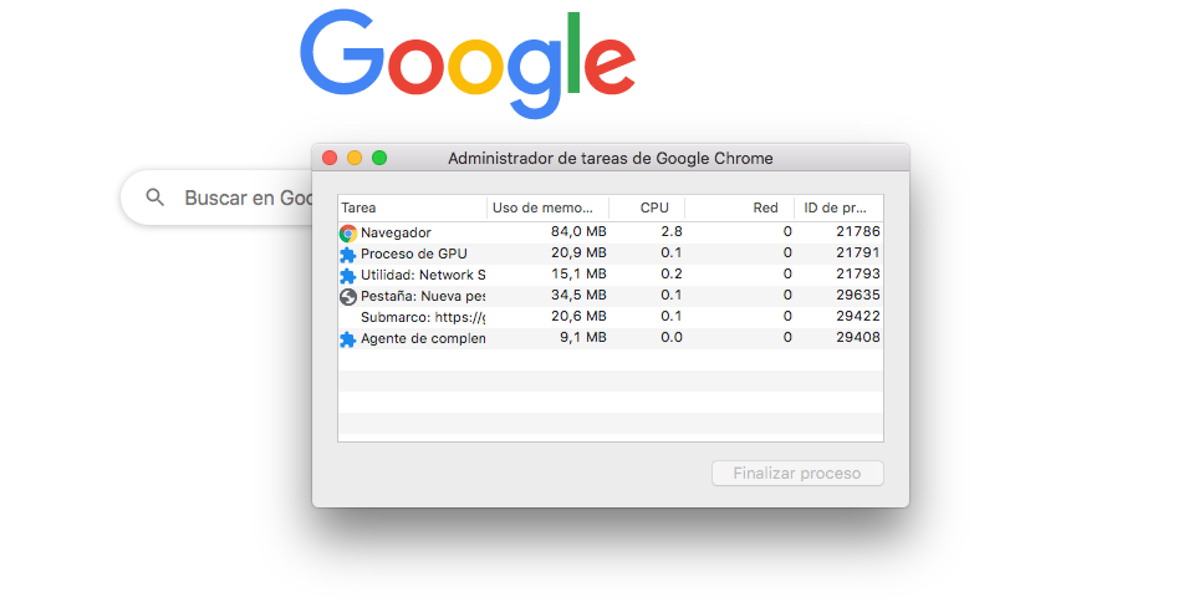
Once we detect the tab or extension that is causing us problems, we can select it and finish the process to ease the burden work and thus improve the speed of the browser.
Active tab manager
When we want to consult several pages at the same time without closing the previous one, we usually open a new tab, but those tabs that we leave open are actively consuming resources from our team. The objective that we seek with the management of tabs is none other than to relieve more load on our web browser so that in this way it responds quickly when we need it.
That is why we are going to activate a function that will suspend the tabs or paralyze them while we are not using it. To do this we will open the Chrome browser and in the address bar we are going to write: » Chrome: // flags » This command will generate a message that will warn us that it is an experimental function.
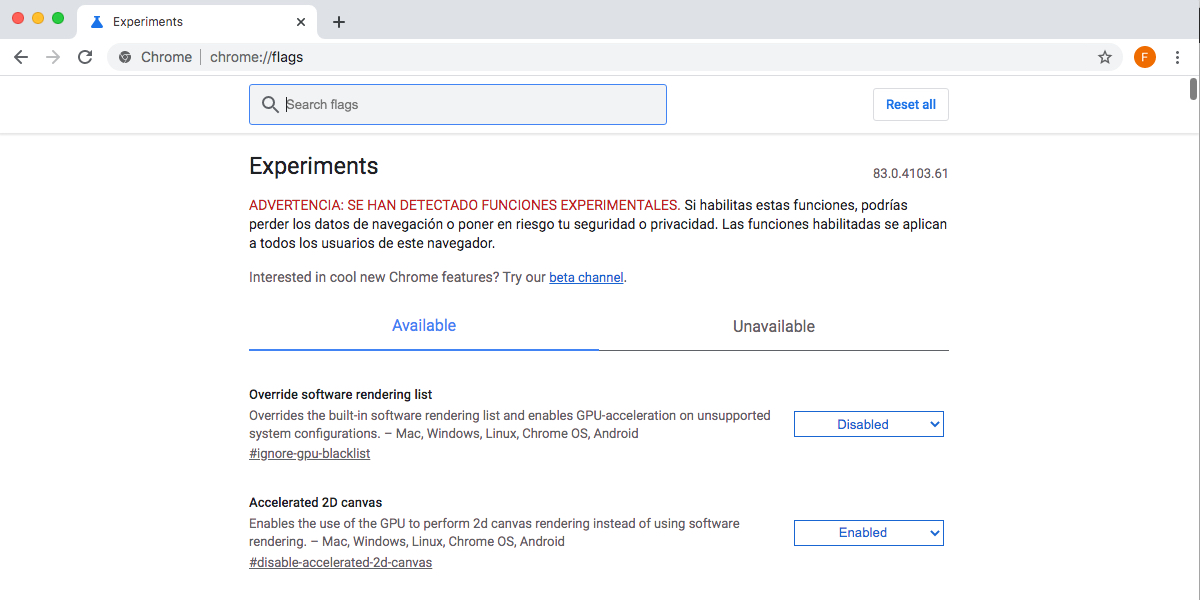
Once the window is open we find an endless number of different options, we will look for a tab called "Automatic tab discarding" (If we do not see it we can use the search engine), once we find it we have to set its status to "Enabled". Once this is done, we will only have to click on "Restart now" so that the changes made are saved.

Hardware acceleration
Now we are going to investigate the option of "Hardware acceleration", This function It will allow us to optimize the performance of our computer's graphics while using the browser. To do this, we are going to open the Chrome browser to access the icon at the top right to access the tab in this case "Settings" and thus access the settings.
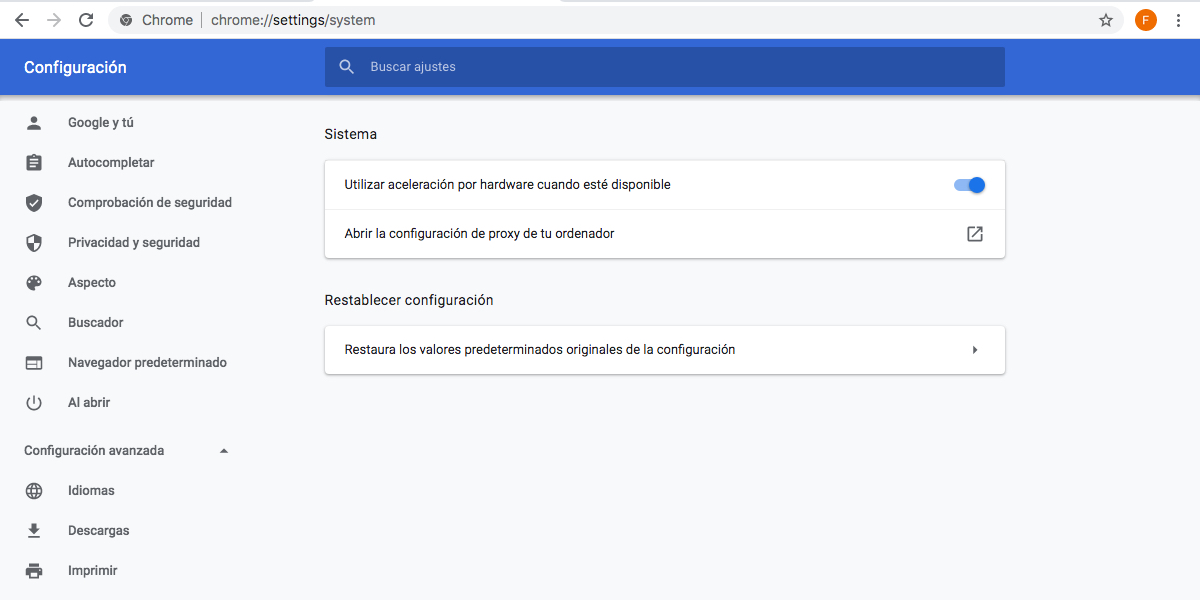
Once inside, we enter "Advanced configuration" and we look for the tab "System", where we will look for the option called "Use hardware acceleration when available", we will simply have to activate it.
In this way, we prevent the computer from overriding the operation of the web browser. allowing it to make use of more resources from our PC.
Chrome extensions
Extensions are external tools that help us shape the browser so that it works to our liking. From improvements to our privacy, direct access to mail or even price monitors to monitor the products that interest us from Amazon. We also have applications such as Google Docs, which allow us to run programs within the same browser, as if it were an independent system.
All these tools have a but and that is that all of them will load automatically every time we run the browser, with the consequent RAM and processor memory consumption. Many of these tools can even constantly check if we are connected to update. What causes this is that the waiting time to be able to use the browser from the moment we open it is longer than normal.
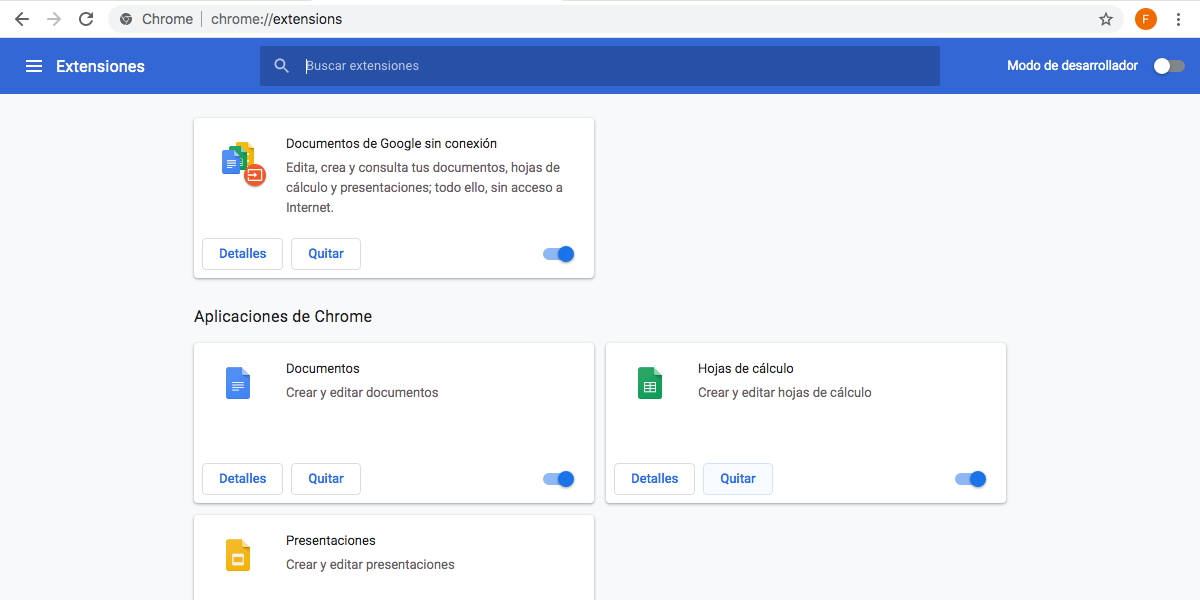
When our browser opens slowly, one of the first things we should do is go take a look at the extensions we have installed. We must enter the extensions menu, writing in the address bar "Chrome: // extensions /" , we will review all that we have installed.
Uninstall the extensions
If among all those that we have installed, we see some that we do not use, the best thing is that we uninhabited it, marking the corresponding switch. In this way we will prevent the extension from continuing to load every time we run the program. We can also delete them completely using the "remove" button. The fewer extensions we have installed, the better the browser will work for us.
Chrome startup settings
Last but not least, we will leave configured that we want to see as soon as we start our browser. For this we must enter configuration again and look on the left for the option "When opening" in which we will find several options.
- The first is that by default it is that when Chrome is run a new tab is opened, using the classic interface of "new tab" of Chrome.
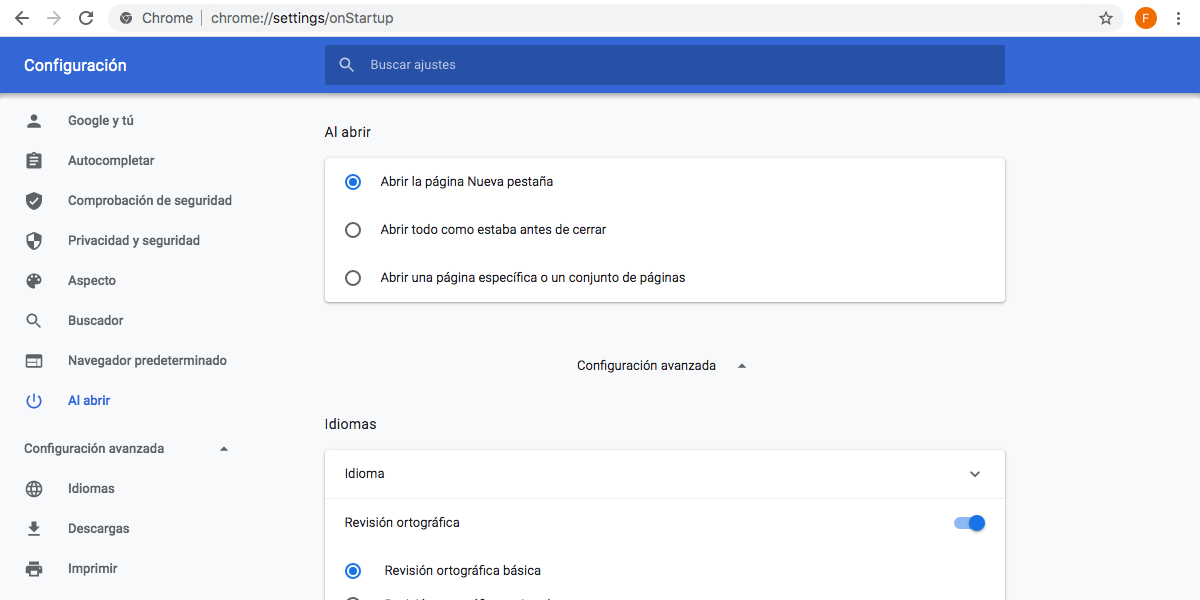
- The second option that it offers us is to open all the tabs that we had active the last time we closed the browser. This can be vital in those occasions that we close the browser by accident, or if the computer is turned off by accident. We may think it's for the best, but resource consumption will be higher and therefore speed lower. Chrome will load all the tabs that we had every time we run the browser.
- The last option that it offers us is the one that allows us to open a specific portal when we open the browser. This shouldn't be a problem, but If the web page that we have configured is very heavy, it will negatively affect the opening speed.
If what we want is to speed up the execution of our browser as much as possible, the best options are the first and the last. In case of choosing the latter, we must bear in mind that the heavier it is, the slower our Chrome browser will run.